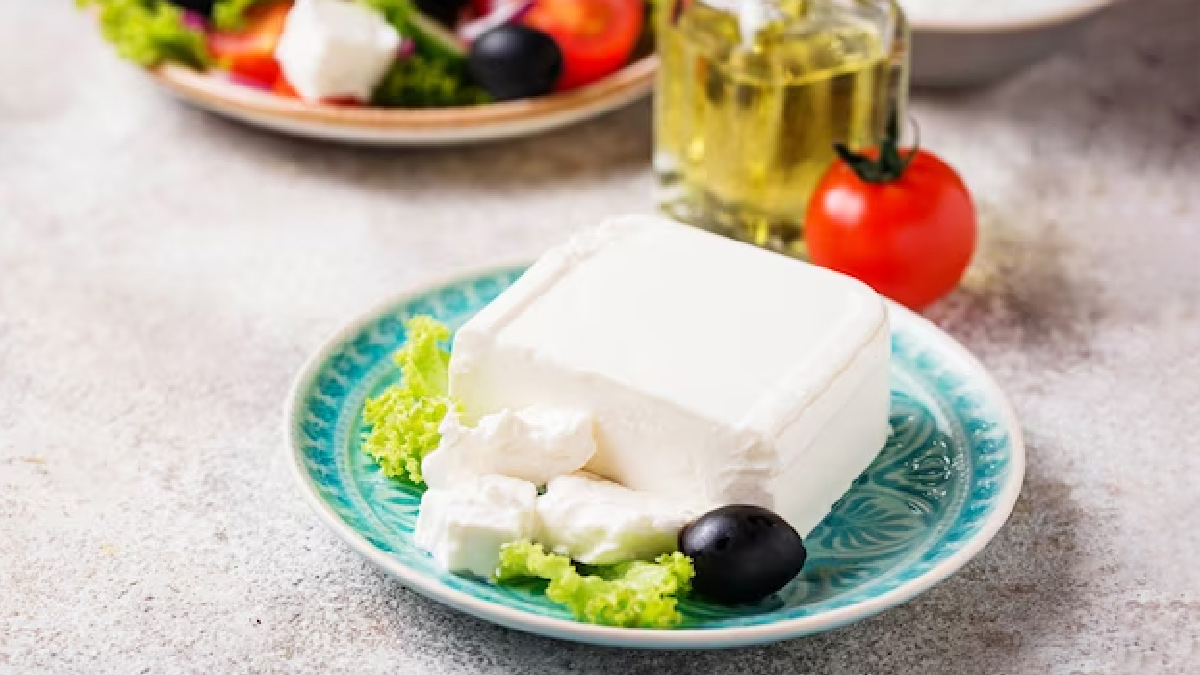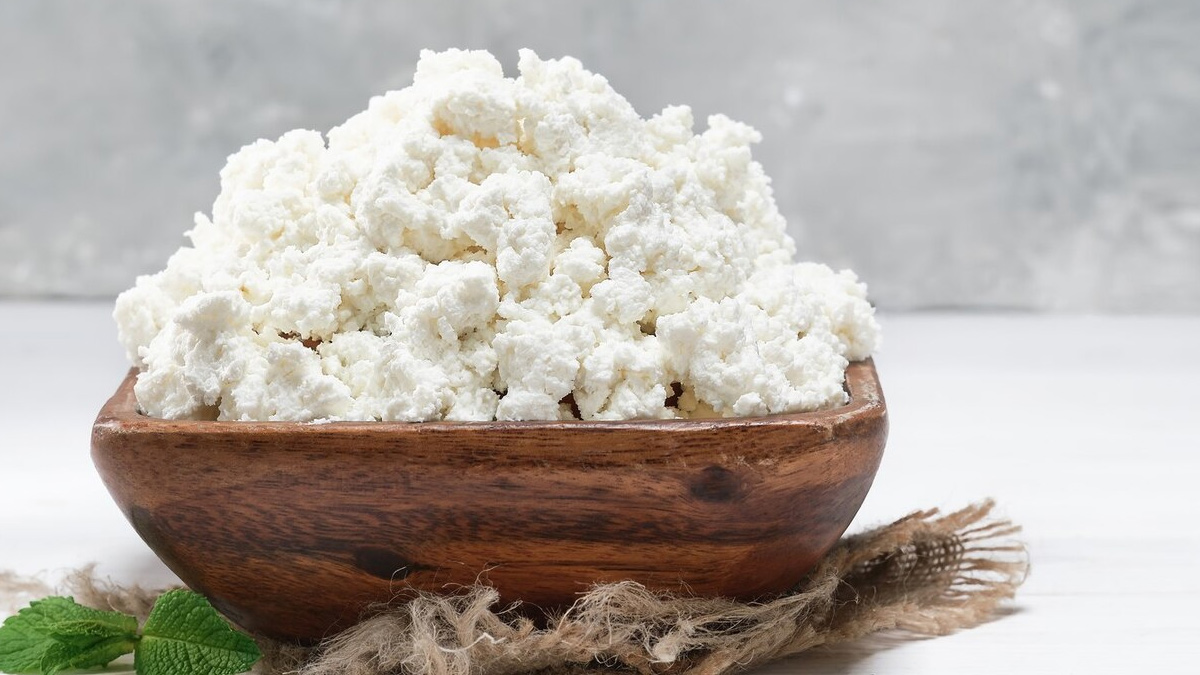
As parents, you must constantly seek wholesome foods that contribute to our children's growth and development. One such underrated yet nutritionally potent option is feta cheese. Packed with essential nutrients, feta can play a crucial role in supporting your child's overall health. Here are some reasons why you should consider adding feta into your children's diet to foster their growth and development.
Table of Content:-
Rich in Calcium and Bone Health
Feta cheese is a fantastic source of calcium, shared the United States Department of Agriculture (USDA), a mineral vital for the development and maintenance of strong bones and teeth. According to USDA, 100g of feta cheese contains almost 493mg of calcium, which is almost two thirds of the daily required intake for kids aged 1-3 and almost half of the calcium kids age 3-8 need in a day.
Adequate calcium intake during childhood is crucial for laying a foundation for optimal bone health, ensuring your little ones grow with sturdy skeletal structures and not develop weak bone related diseases later in life.

Protein Powerhouse
Protein is an essential building block for growth and development, and feta cheese provides a protein boost without the added saturated fats often found in other protein sources. Protein is necessary for the formation of tissues, muscles, and organs, supporting the overall growth of your children.
According to the University of Arkansas, breakfast is the most important meal for kids, and a protein rich breakfast which is low in added sugar may boost their attention span, concentration and memory. So it may be a good idea to include feta cheese in your kids’ breakfast.
Bountiful B Vitamins
Feta cheese contains various B vitamins, including B6, B12, and riboflavin, which play a vital role in energy metabolism, nerve function, and the production of red blood cells. These vitamins contribute to cognitive development, ensuring your children have the mental energy needed for learning and play.
So much so that a study published in the journal ‘Advances in Nutrition,’ underscored the need for highlighting the role of vitamin B-12 for kids as a public health measure.
Also Read: From Bone Health To Healthy Vision, Here Are 7 Health Benefits Of Parmesan Cheese

Calcium-Phosphorus Balance
Feta cheese not only provides calcium but also maintains a balanced ratio of calcium to phosphorus. According to a study published in the journal ‘Advances in Clinical Chemistry,’ this balance is crucial for proper bone mineralisation, preventing conditions like rickets and supporting optimal growth during childhood.
Rich in Zinc
Finally, zinc is a trace mineral essential for immune function, wound healing, and growth, shared Harvard TH Chan School of Public Health. Feta cheese contains a notable amount of zinc, contributing to the overall well-being of your children by supporting their immune system and aiding in the healing process.
Also Read: Is Low-Calorie Cheese A Myth? Here’s All That You Need To Know
Adding feta cheese into your children's diet can be a delicious and nutritious way to ensure they receive essential nutrients crucial for growth and development right at the start of their life. From bone-strengthening calcium to protein for muscle development, feta offers a well-rounded nutritional profile. As with any food, moderation is key, and it's essential to consider individual dietary needs and preferences. So, add a sprinkle of feta to salads, sandwiches, or pasta to provide your children with a tasty and wholesome boost for their journey of growth and well-being.
Also watch this video
How we keep this article up to date:
We work with experts and keep a close eye on the latest in health and wellness. Whenever there is a new research or helpful information, we update our articles with accurate and useful advice.
Current Version